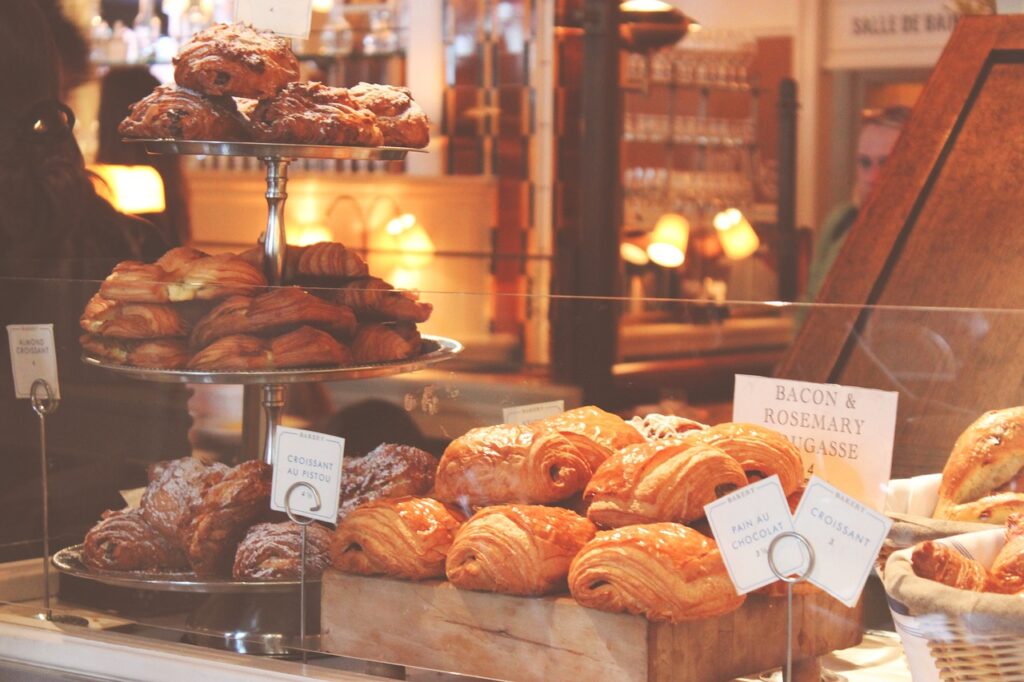Why We Crave Snacks After a Tough Day—and How to Rewire Your Brain for Healthier Rewards

This weekend, I found myself halfway up Scafell Pike, on the wrong route, of course. The infamous Corridor Route, a path that had my legs screaming and my breath short. But when I finally made it down, all I could think was: I deserve a reward. And like clockwork, that reward came in the form of dark chocolate digestives waiting for me in the car, followed by two and a half pints of local beer. Then a big dinner, more biscuits, and more drinks—well, let’s just say, I went all in.
Now, don’t get me wrong—after that hike, I felt like I’d earned it. But as I sipped that second pint, a thought crossed my mind: why is it that we always turn to food and alcohol to celebrate? What is it about sugary snacks and drinks that makes them our default for rewarding ourselves?
It’s not just the indulgence
The chemicals in ultra-processed foods train us to seek comfort and joy in unhealthy foods (if you can even call UPFs ‘food’), but really, they leave us with a fleeting high followed by guilt or a hangover. More than that, we’ve developed this automatic connection between food and our emotional ups and downs. When we’re feeling great—or not so great—we reach for something to eat or drink. A comfort. A celebration. A rescue.
This is emotional eating. We don’t grab that biscuit because we’re hungry. We grab it because we’re looking for something to make us feel better. But the problem is, when emotions are driving our choices, we’re hardly going to crave a salad, are we?
How we reward ourselves
That’s when it hit me: maybe it’s time to rethink how I reward myself. It’s not about depriving myself of something tasty after a hard day—it’s about replacing those automatic choices with something that feels just as satisfying, but doesn’t leave me feeling heavy or regretful.
Think of it like this: back in economics class (yes, I was that girl), I learned about substitution. Basically, if you increase the demand for something new, you naturally decrease the demand for the original thing. So, instead of diving into the digestives every time I need a reward, what if I found something else to crave?
Mindful self-discovery: what I really value?
I started thinking about what I really value. Sure, new gym clothes or a cute outfit might give me a quick boost. But what I really want are experiences. Since I’ve been on this fat loss journey, I have more energy, and I want to use it. Hiking trips, weekend getaways, theatre nights, even a dance workshop—these are things that make me feel alive, not weighed down.
And yes, maybe I’m rewarding myself with more movement, but it’s movement that’s fun. That’s the key. Suddenly, my rewards don’t revolve around food or drinks. They revolve around the things that make me feel good from the inside out.
Add this to your mindful weight loss journal
So, here’s a little tip for you: if you’re keeping track of your goals (like body fat percentage or waist measurements), create a reward chart. On one side, write your goals, and on the other, list all the non-food rewards that actually excite you. Whether it’s a spa day, a hiking trip, or just some quiet time with a good book, link each goal to a reward that feels like a true celebration of your hard work.
Because in the end, rewarding ourselves is about more than just treating ourselves. It’s about finding joy in the journey—and choosing rewards that lift us up rather than slow us down.
If you’re looking for more inspiration, read more of my blogs here at Pounds off Pixie—a platform that’s all about sustainable wellness, not just quick fixes. You can also follow me on YouTube and Instagram for more tips and, of course, the occasional indulgent story. And don’t forget to grab my free Mindset Shift Guide—it’s packed with practical advice for rethinking weight loss in a way that sticks.
You deserve more than just biscuits and beer. Trust me.
This Weight Loss Diary series features Pixie’s reflections on recovering from an eating disorder while losing weight in 2010 (and keeping it off for over 10 years). She shares honest, wisdom-filled diary entries from that time to inspire readers on their own weight loss journey. The entries are not chronological.

